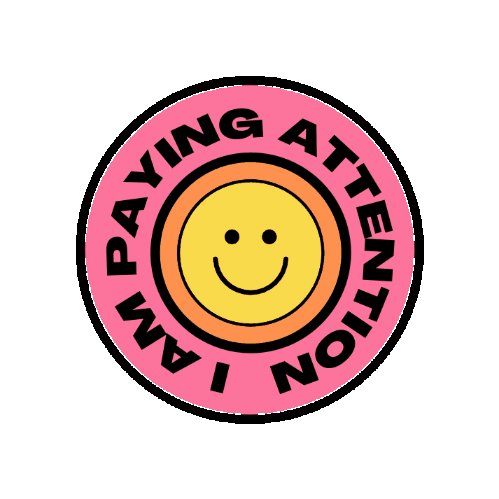The Invisible Disability Paradox: Am I Struggling Enough to Be Disabled?
Hey there 💖 Whether you're curled up on the sofa, taking a quiet moment during the day, or trying to make sense of a whirlwind of emotions, welcome. You're not alone in wondering, "Am I struggling enough to be disabled?" Many of us ask ourselves this, especially when we feel we need support the most. It's not about weakness or failure; it's about belonging.
🌱 The Roots: Learning Shame Early
From the books we read to our experiences at school, disability is often portrayed as something sad, secretive, or even shameful. Studies show that only about 3-4% of children's books feature disabled characters, and most reinforce pity rather than positivity. When representation does appear, it's often tragic or one-dimensional. These early messages teach us that disability is something to fear or pity, but rarely something to embrace. This can lead us to believe that if we don't look disabled, we're somehow not enough. And that question "Am I enough?" can be a heavy one to carry.
🧠 Carrying the Question: "Am I Enough?"
These early lessons shape how we see ourselves and can manifest in damaging ways:
Internalised Ableism: That inner voice that whispers, "If I don't look disabled, do I even count?" It pushes us to mask, pretend, or question our own worth. Maybe we should be working harder? Maybe we're just being lazy?
Facing Doubt Repeatedly: Asking for accommodations at work, school, or in public often leads to responses like, "You don't need it" or "You don't seem that disabled." We end up reliving our struggle and feeling dismissed each time.
Cultural Expectations: Society often relies on visible cues, mobility aids, medical equipment, obvious differences. Invisible conditions like fatigue, chronic pain, ADHD, or autism don't fit this model and are easier to dismiss, leaving us feeling like we don't deserve support.
🌈 When Neurodivergence Enters the Picture
Exploring neurodivergence (like autism or ADHD) can reopen that old question: "Am I enough?" There are many thoughts we might have while trying to understand how much being ADHD and autistic really affects us:
Imposter Syndrome: Thoughts like, "Maybe I'm just lazy," are common, especially among late-diagnosed adults. This persistent feeling of being a fraud can stem from early masking, perfectionism, and societal expectations.
The Toll of Masking: Continually suppressing behaviors to fit in can feel like wearing a mask 24/7. It's not just tiring; it can be emotionally and physically exhausting. You're constantly monitoring your words, movements, and energy, which drains your mental bandwidth and leaves little space for true rest.
Burnout: Ongoing masking is strongly linked to stress, depression, identity erosion, and burnout. Neurodivergent burnout, especially autistic burnout, is a profound state of physical, emotional, and cognitive exhaustion that arises from prolonged stress and the built-up effects of navigating a world not designed for neurodivergent individuals. Unlike general burnout, autistic burnout is characterised by chronic fatigue, loss of previously acquired skills, and heightened sensitivity to sensory stimuli. This condition often results from factors such as constant masking of autistic traits to fit in, overwhelming sensory environments, unmet support needs, and significant life transitions. The experience can lead to difficulties in daily functioning, including challenges with communication, self-care, and social interactions. Recovery involves recognizing early signs, reducing demands, seeking supportive environments, and allowing oneself to unmask and engage in self-compassionate practices. It's important to understand that experiencing burnout is not a personal failure but a signal from the body and mind indicating the need for rest and support.
🌟 Embracing Your Journey
It's okay to feel overwhelmed, to question your worth, or to wonder if you're struggling enough to deserve support. Your experiences are valid, and you deserve compassion and understanding. Remember, needing support doesn't make you any less capable or worthy. It's a sign of strength to recognize when you need help and to seek it out.
You're not alone on this journey. There are communities and resources ready to support you. Embrace your neurodivergence, unmask when you can, and take the time you need to rest and recharge. You are enough, just as you are. 💖
I really do hope this article felt like a hug to read 🫂

